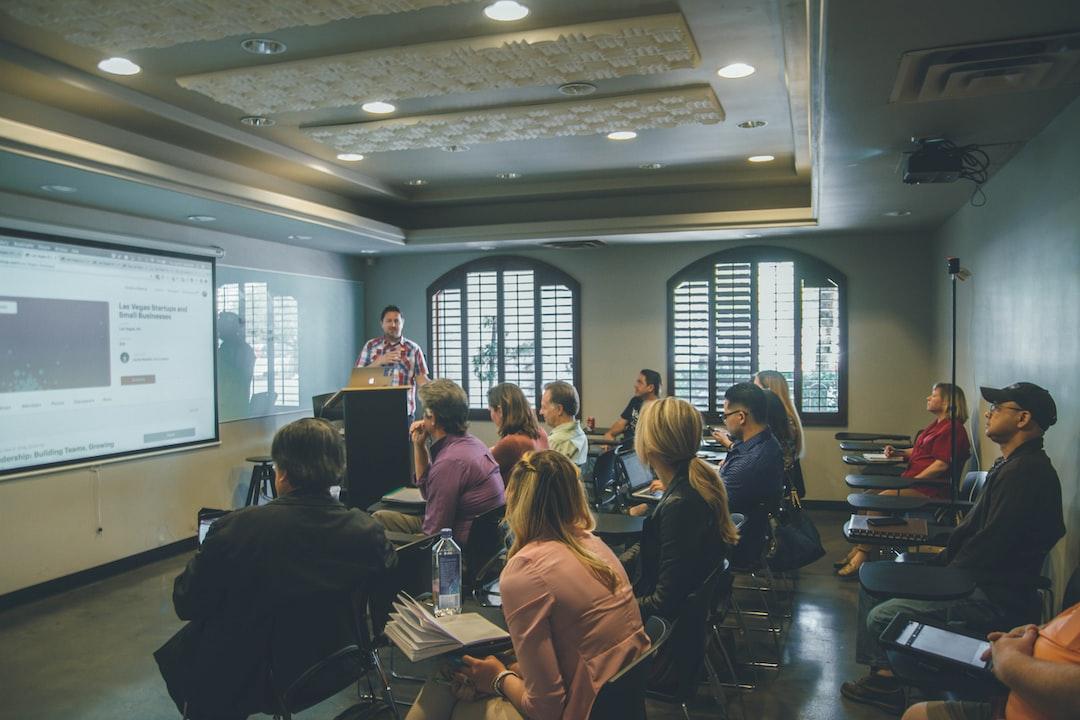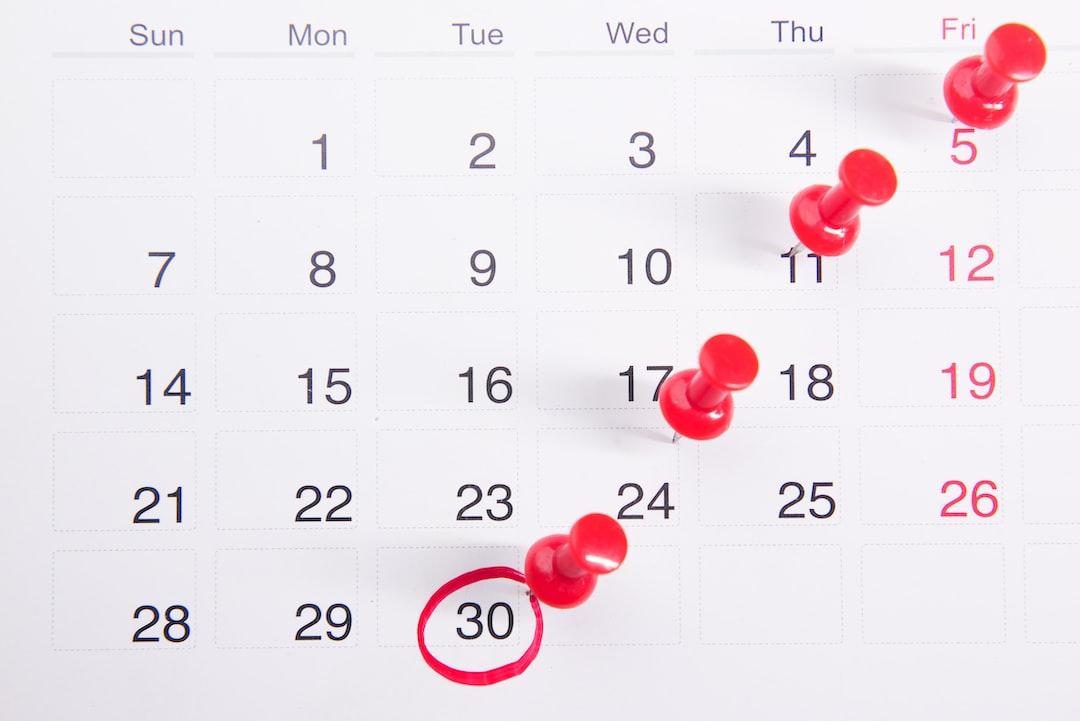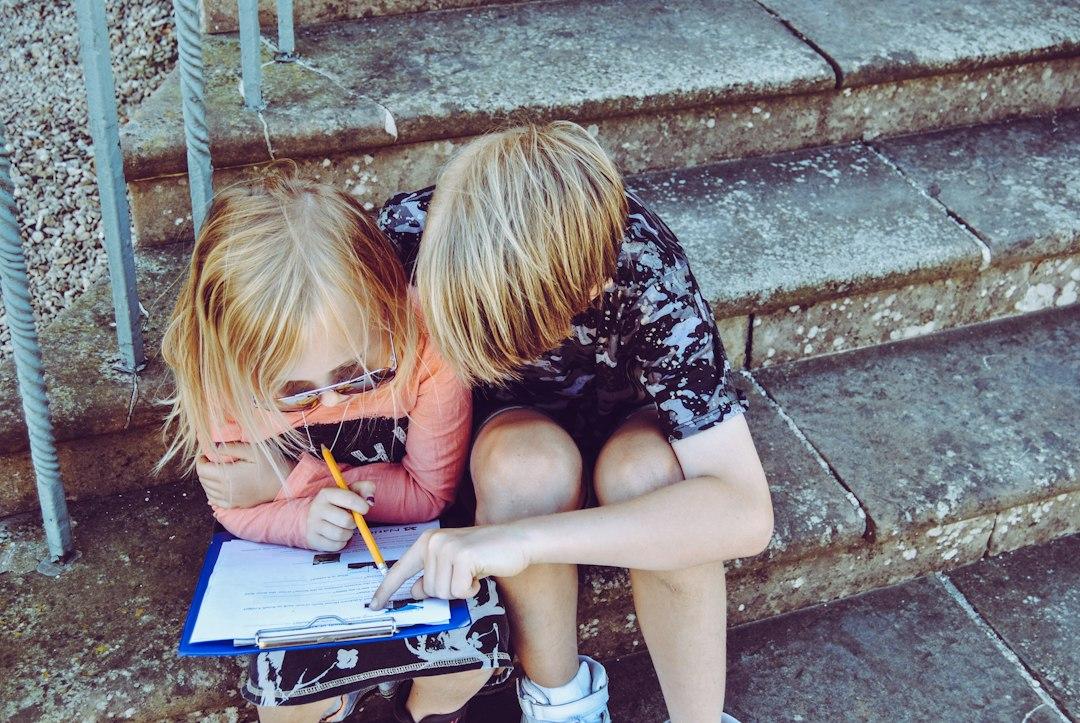10 Tips on How to Study Effectively
Curated from: vu.edu.au
Ideas, facts & insights covering these topics:
13 ideas
·2.25K reads
12
Explore the World's Best Ideas
Join today and uncover 100+ curated journeys from 50+ topics. Unlock access to our mobile app with extensive features.
How to study effectively
While there is no ‘one-size-fits-all’ approach when it comes to studying effectively, there are methods you can use to improve your recall and long-term memory.
Remember: everyone has different learning techniques. What works for other students may not work for you.
Just keep trying until you discover the best way to study.
Here are 10 top tips to help you study effectively.
18
257 reads
1. Get organized
Taking the time to get organized will set you up well and help you achieve your learning goals.
Top study tips:
- Invest in a diary, and use it to keep track of current assignment deadlines.
- Bring all the material and devices you need to class, so you can participate. You may find it helpful to pack your bag the night before, so you’re ready to go first thing in the morning.
17
228 reads
2. Don’t skip class!
Skipping class can be detrimental to your learning and achieving your study goals. It leaves gaping holes in your notes – and in your subject knowledge.
Remember to practice active listening by focusing on what your teachers are saying in class and taking notes as needed.
14
205 reads
3. Take notes
To keep your brain engaged during class, take notes, which you can refer to later, as you refine your study techniques.
Notes can help store information in your long-term memory, right there in class. These notes will be important for reviewing when you’re completing assessments and assignments.
You might find it handy to condense your notes after class, so they’re clear and easy to read. Underline or highlight key points. If anything doesn’t make sense, you can seek clarification from your teacher.
15
196 reads
Side Tip!
You can also create visual aids like flow charts and mind maps to help simplify information. For some students, these visual aids help them remember complex information and study more effectively.
If you do miss a class, ask a study buddy or classmate if you can refer to their notes. This will ensure there are no holes in your own notetaking.
15
177 reads
4. Talk to your teacher & ask questions
Your teacher is, in a way, a resource who is there to be used!
Teachers can further clarify any topics you find confusing 🤔. You may even be able to get a little direction on assignments before submitting.
Your teacher will no doubt be impressed with your initiative and happy to help.
16
164 reads
5. Space out your studying
One of the most effective ways of studying is to space out your learning sessions.
If you break up your study load over several days, you’ll retain information far more readily than if you crammed in one long session.
This can help deeply ingrain information, allowing you to retain it for the long term.
You’ll find you achieve much better results for studying this way.
16
171 reads
6. Create a study plan & stick to it
One top study tip is to create a schedule or plan.
This is incredibly helpful for time management and can help you reach your learning goals.
A study plan will:
- motivate you to study, as you’ll have time dedicated to learning
- keep you organised around work, hobbies and other commitments, as you can plan ahead
- break your study load into manageable blocks
- give you time to complete your assignments, ensuring they’re not rushed or last-minute.
15
150 reads
7. Don’t just re-read but study
When you are reading and re-reading texts and notes, you’re not studying. This is because you’re not engaging with the material.
You’ll discover that you have trouble remembering class notes if you’re not using active studying techniques.
Instead of reading, try:
- creating concept maps and diagrams
- explaining concepts to yourself step by step
- formulating questions and problems that you can come back to and solve, effectively creating a quiz for yourself
- becoming a teacher or tutor to your study group or partner and learning the course material by explaining concepts to them.
16
145 reads
8. Set up a quiet study space
It is important to have a designated study area that is free from distraction and will allow you to study effectively.
When you settle into your study area, you will know you are there to learn. This mindset will help with your overall motivation to study.
Choose a study space that is quiet, well-lit and in a low-traffic area. Don’t, say, study at a dining table when you’re going to be constantly distracted by housemates or family members moving in and out of the kitchen!
If there's no quiet space at home, you can always go to your local library and study there.
16
129 reads
Phone factor
For many students, the greatest distraction is their phone. You may find it helpful to switch your phone to silent – or even off – for the duration of your study session.
You can also use apps such as Freedom or Focus Me to block non-essential apps from your phone while you’re trying to learn.
15
142 reads
9. Test yourself
An essential aspect to commit information to your long-term memory is practicing with quizzes. This method helps retrieve relevant information with ease.
Several techniques will boost learning, such as recalling answers to questions and writing them down, committing them to memory. Flash cards are an effective way to study; create them when you learn a new topic and use them to quiz yourself.
Advise a family member or friend to help quiz you with these flash cards for effective learning.
15
132 reads
10. Find a study buddy or join a study group
One of the best ways to study is to share the experience with another person.
It can be beneficial to find a study buddy – or even form a study group with like-minded students.
Your study buddy/group can:
- keep you motivated
- help you stay accountable
- quiz and test you on course material
- read over your work to offer advice
- share resources, such as textbooks, lowering expenses.
15
159 reads
IDEAS CURATED BY
Similar ideas
9 ideas
How to Study Effectively: Secrets For Success
oxfordlearning.com
8 ideas
10 Highly Effective Techniques To Study Effectively in 2023
productive.fish
9 ideas
10 Proven Tips to Study Smarter, Not Harder | SCU Online
online.scu.edu.au
Read & Learn
20x Faster
without
deepstash
with
deepstash
with
deepstash
Personalized microlearning
—
100+ Learning Journeys
—
Access to 200,000+ ideas
—
Access to the mobile app
—
Unlimited idea saving
—
—
Unlimited history
—
—
Unlimited listening to ideas
—
—
Downloading & offline access
—
—
Supercharge your mind with one idea per day
Enter your email and spend 1 minute every day to learn something new.
I agree to receive email updates













